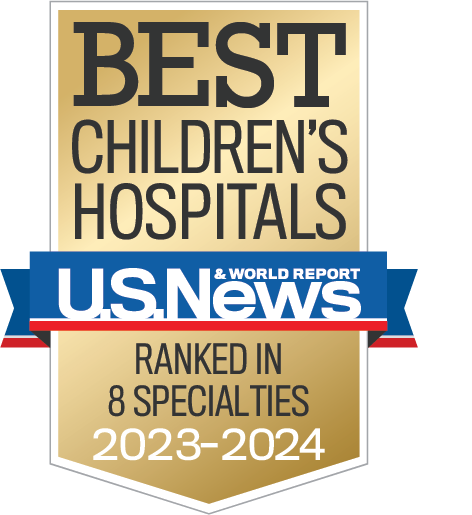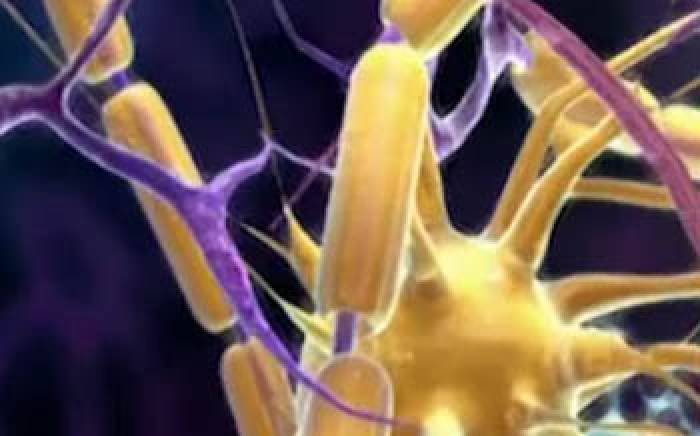For some children with epilepsy, surgery opens the door to new possibilities — or even a seizure-free life. Epilepsy brain surgery is a big decision. At the Washington University Pediatric Epilepsy Center at St. Louis Children’s Hospital, you’re in excellent hands.
Leading epilepsy surgeons at the top of their game will perform your child’s surgery. A team of pediatric specialists will tend to your child before, during and after the procedure.
Epilepsy Brain Surgery in Childhood: What to Expect
We don’t consider surgery for any child without lengthy discussions with families, often spanning months. Learn how we decide if surgery is the right epilepsy treatment for your child in our guide to the patient journey.
Here’s what you can expect before, during and after epilepsy surgery.
Before Your Child’s Surgery
Our team includes top pediatric epilepsy specialists with different backgrounds — neurology, neurosurgery, neuropsychology and other medical disciplines. These doctors meet regularly to discuss the details of your child’s epilepsy. They review your child’s test results together and share insights, coming to a consensus on the best treatment approach for your child.
Specialized diagnostic tests, such as an EEG study or neuroimaging, help us pinpoint the specific part of your child’s brain that’s causing seizures. If your child’s doctor recommends epilepsy brain surgery, we’re here to provide ample support and guidance.
A surgeon will sit down with you to explain all the details of a procedure and what it means for your child’s health. We encourage you to bring every question and concern to our attention, so you feel confident in your child’s care.
This thoughtful approach ensures we think through every way surgery could affect your child, now and in the future. Learn more about the steps involved in epilepsy surgery evaluation.
The Day of Your Child’s Surgery
Most epilepsy surgery procedures require you and your child to stay overnight in the hospital. Certain neurostimulation procedures, such as vagus nerve stimulation therapy, may be offered on an outpatient basis.
Usually, we ask that you bring your child to the hospital the morning of surgery. We will call you one or two days before the surgery with specific instructions.
In general, we recommend:
- Bathing and shampooing your child’s hair the night before surgery
- Not giving your child any food or water after midnight the evening before surgery (One exception: Give your child any prescribed antiseizure medication, with a sip of water if needed.)
At the hospital, you will meet your child’s pediatric anesthesia team. They will discuss the plan for anesthesia, tailored to your child’s needs.
Your child’s surgery will happen in an operating room designed for children’s safety. All members of your child’s surgical team are trained to care for the unique needs of children with epilepsy. They work as a unit to perform intricate procedures on the smallest bodies, with great care.
We offer several types of epilepsy brain surgery. Some procedures treat epilepsy by removing the brain tissue causing seizures — or destroying it with laser beams. Other procedures use sophisticated technologies to keep faulty electrical currents from spreading through the brain. Learn more about epilepsy surgery.
After Your Child’s Surgery
We monitor your child closely right after surgery. Once it’s safe to do so, we carefully move them to a recovery room. Here, we will gently wake your child up and bring you in to comfort them as only you can.
Your child may stay in our Intensive Care Unit overnight if the surgery warrants extra close monitoring. Most children then move to our dedicated neurosurgery unit for one to two more days of healing before they head home to finish recovering.
Your child’s care continues after their epilepsy surgery. Your doctor will give you an estimated recovery time. We then schedule a follow-up visit for a few weeks after the procedure, to check on your child’s healing.
While we see you less as time passes, yearly visits help us understand the effects of surgery. We can also help address any new challenges that may have surfaced in the months or years after surgery.
Life after epilepsy brain surgery looks different for every child. Some children never have a seizure again after surgery. Other children have fewer or less severe seizures, allowing them to experience more, with less disruption. We’re committed to partnering with families to help all kids with epilepsy experience a full life, on their terms.










